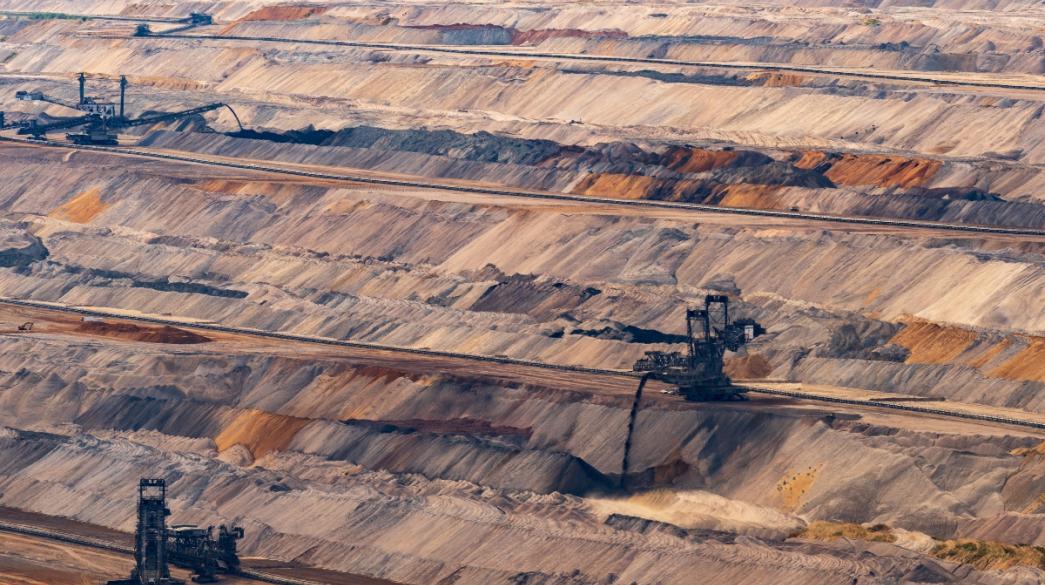A meeting on the 'just transition' of lignite-producing areas in Greece, related to an EU push for a climate-neutral Europe by 2050, was the focus of a cabinet-level development meeting in Athens on Friday, attended by European Commissioner for Cohesion and Reforms Elisa Ferrera.
Subsidies and tax incentives will be provided to agricultural production, manufacturing, research/technology, education and renewable energy sectors, according to a plan proposed by the government.
The post-lignite programming focuses on western Macedonia, a major mining area, and the city of Megalopolis, location of a major lignite-run power plant.
Environment and Energy Minister Kostis Hatzidakis chaired the meeting attended by the Ministers of Finance (Christos Staikouras), Development & Investments (Adonis Georgiadis), Interior (Takis Theodorikakos), Agricultural Production & Foods (Makis Voridis), and Deputy Ministers of Environment Gerassimos Thomas and of Development Yiannis Tsakiris, respectively.
Following the meeting, Commissioner Ferreira congratulated the government for the 'brave and intelligent' decision to forge ahead with reducing dependence on lignite. "To refuse to see reality and pretend you can avoid the problems is not a way of dealing" with the issue, she said. What is happening in Greece will also happen in other EU countries, and regional policy is here to help, Ferreira said, also citing other sectors that had to go through major changes, including the textile industry, shipyards and the steel industry.
The EU is working with the government and local government to ensure that funding reduces the repercussions to residents of these areas and creates viable alternatives, the Commissioner said. Countries like Greece that are speeding up the post-lignite programs will have a competitive edge and receive funding earlier. The EU has assessed the amount provided to coal-mining areas of Europe undergoing a transition to nearly 100 billion euros.
Greece's master plan on the transition would be ready by end-June, Dev't & Energy Minister Hatzidakis said, and it will include measures mitigating repercussions to local economies, which is also an intention expressed by the prime minister.
Deputy Environment Minister Thomas pointed out that since the European Fund of Just Transition will activate in 2021, Greece will make use starting this year of current-program NSRF funds, fees and revenues related to lignite mining and funding from the Green Fund, for areas affected the most.
According to data released on Thursday, investments earmarked for western Macedonia and Megalopolis are expected to range between 3.7 and 4.4 billion euros.



